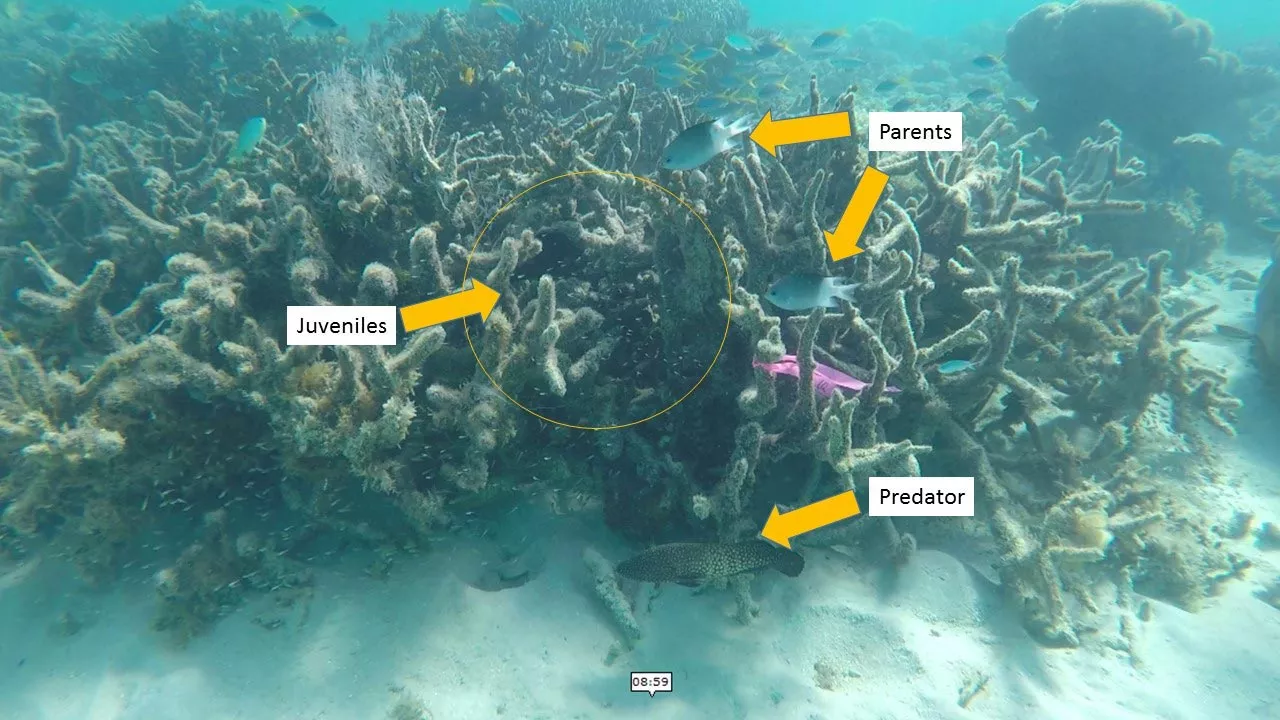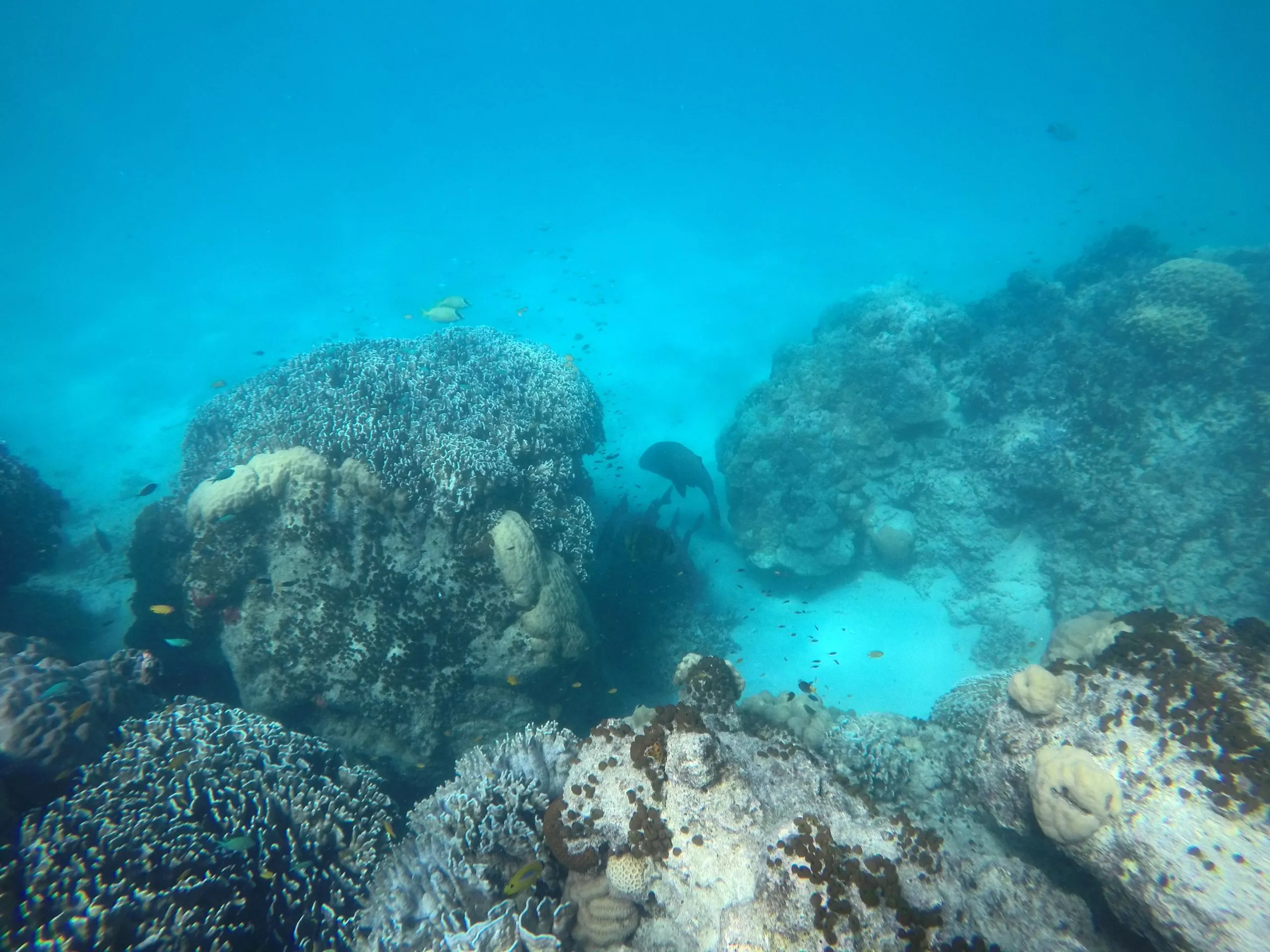Scientists introduced "traffic tranquility" on three coral reefs and continued the breeding season - reducing the number of ships within 100 meters and reducing the speed of ships within that range. Then they tracked the breeding of acanthochromis polyacanthus.

They found that 65% of nests on quieter reefs still had offspring at the end of the season, compared with 40% on reefs with heavy motor boat traffic. In addition, the offspring on quieter coral reefs are larger.
Aquarium tests of the same species show that noise disrupts important parental behavior - including "inciting" eggs with fins to ensure oxygen supply.
The study, led by researchers from the University of Exeter and the University of Bristol, was conducted on a coral reef near the Lizard Island research station on the Great Barrier Reef in Australia.
Dr Sophie nedelec, lead author of the research paper from the University of Exeter, said: "As coral reefs around the world face a variety of threats, our results provide a way to help struggling populations. Simply reducing the noise of ships on coral reefs can provide much-needed relief for fish to thrive successfully. Three simple changes can be adopted by any ship captain to keep the boat way further away from coral reefs, drive slowly when approaching coral reefs, and avoid anchoring near coral reefs of These solutions put power in the hands of local people, and they can protect fragile ecosystems. "
Dr nedelec added: "no one has ever tried such a field experiment before. We monitored six reefs (three with traffic calming measures and three without) throughout the summer breeding season, swam along each reef every other day, and monitored the survival of 86 Sparus macrocephalus in their natural habitat."

Of the 46 caves observed on coral reefs where traffic calming measures were implemented, 30 still had offspring at the end of the breeding season. Only 16 of the 40 coral reefs in the control group (without traffic calming measures) still have offspring.
Dr Laura Velasquez Jimenez of James Cook University, co-author of the research paper, pointed out: "since the spiny Sparus macrocephalus hides its eggs in the caves of coral reefs, it is difficult to find the caves before the emergence of offspring, so we conducted parallel studies in aquariums to study embryonic development."
In this aquarium study, some parents and eggs of Sparus macrocephalus were raised under the playback of natural coral reef sound, while others were exposed to intermittent ship noise through speakers.
The ship's noise playback interrupts the fan, but the fan continues undisturbed under natural sound.
Andy Radford of the University of Bristol, co-author of the study, said: "supplementary laboratory studies show that these improvements in reproduction are indeed due to limiting noise pollution rather than other types of interference from ships."
The combined results suggest that reducing ship noise may have significant benefits for coral fish populations and make coral reefs more resilient to changes currently driven by human activities.
Due to climate change, cyclones and albinism are becoming more and more common, which will cause damage if they occur.
After these destructive events, finding ways to accelerate population growth may make a difference between decline or recovery.
However, the research team stressed that restricting vessel traffic was not enough to fully protect coral reefs.
"We know that coral reefs around the world are in trouble. When we try to address the greatest threat of climate change, we need simple solutions to reduce local threats. Acoustic reserves can build the resilience of coral reefs and help give them more recovery opportunities," said Professor Steve Simpson of the University of Bristol, the lead author of the study